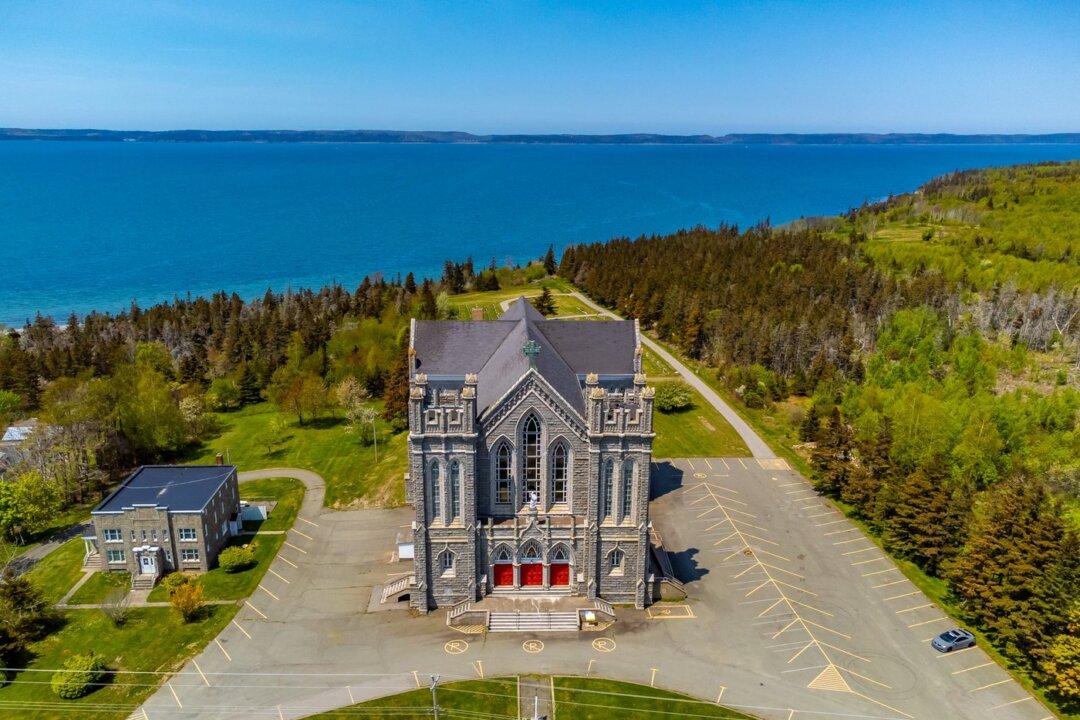A 32-day fundraising campaign to preserve a huge and historic Acadian church in western Nova Scotia has raised only a fraction of the funds needed to save the building.
The chairman of Nation Prospère Acadie, a non-profit group leading the campaign—which ended Tuesday—says about $116,000 of the $2.5-million goal has been donated toward repairing Saint Bernard Church and creating a trust fund to preserve it.





